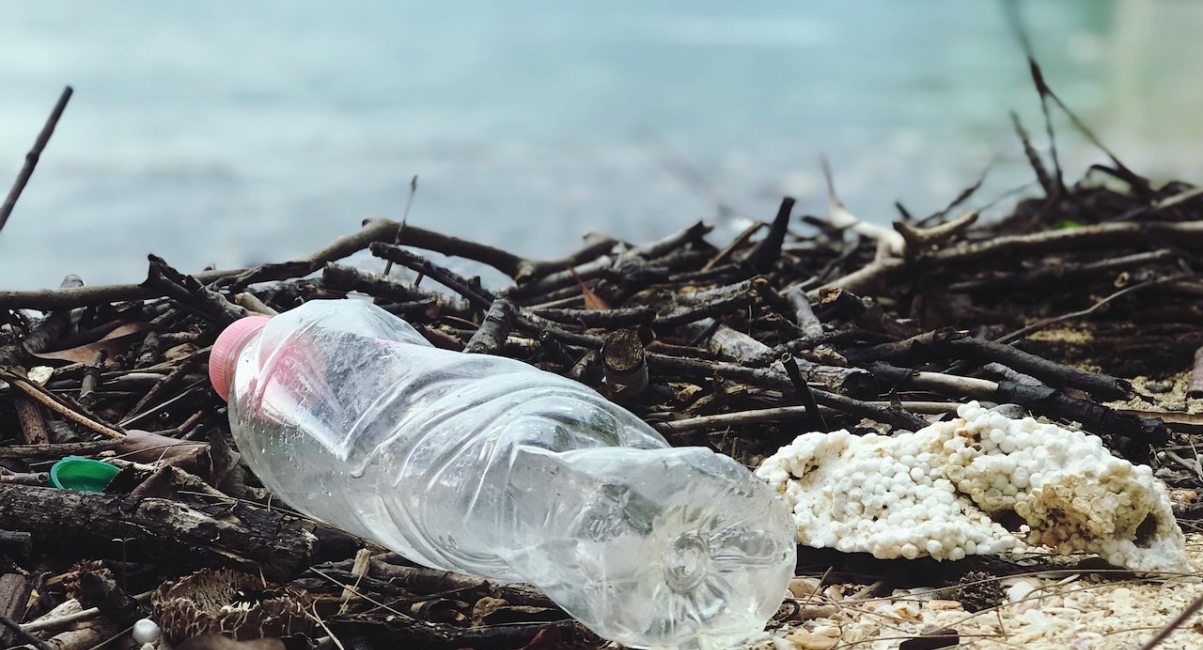Dangerous trash
The world produces a huge amount of garbage that contains toxic and non-degradable substances, and unfortunately, the tourism industry also adds some amount of such garbage. Therefore, we ask you to follow these recommendations:
- Comply with disposal regulations for electronic and other toxic products.
- Do not dispose of batteries and other chemical sources outside the established recycling containers.
- Do not use plastic packaging if possible.
- Do not burn toxic waste, which releases toxic substances into the atmosphere, such as plastics, synthetic materials.
- Do not use toxic substances while traveling.
Carbon footprint
The carbon footprint is not only about transportation, although it contributes the lion’s share of carbon emissions, so any tourist should:
- Minimize and take into account carbon footprint when building and moving your routes.
- Less use of air transport and more land transport, which specifically leaves a smaller carbon footprint.
- Where possible, use a CO2-neutral vehicle, such as a bicycle or an electric vehicle.
- Minimize your energy consumption while traveling.
Food waste
According to the UN, there are approximately 930 million tons of food waste per year in the world. This is a discarded food that could completely solve the problem of hunger. Unfortunately, the tourism industry is also contributing to the growth of food waste, so our recommendations are:
- Even if you live on the principle of “All Inclusive” – do not take more than you can eat
- Do not store food where it can spoil, such as under the sun or out of the refrigerator.
- Don’t buy extra groceries, make a shopping list in advance.
- Prefer a small package to ensure you consume the entire product before it goes bad.
If you want to learn more about this topic, there is a food waste program.
